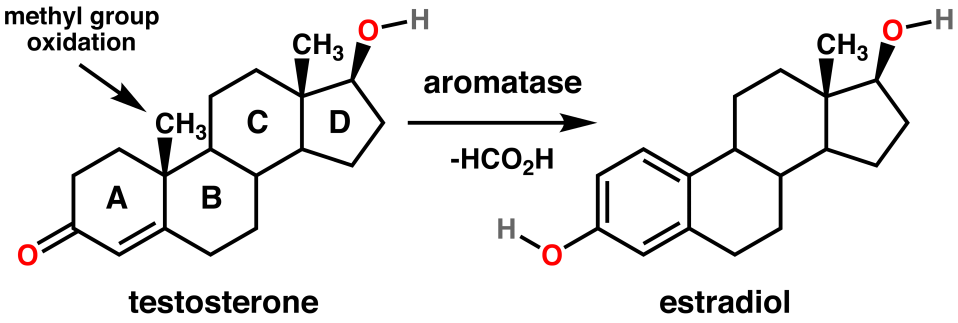 Testosterone is the male sex hormone tied to and vital in reproductive development and libido. Women produce testosterone as well, but in significantly less quantities than men.
Testosterone is the male sex hormone tied to and vital in reproductive development and libido. Women produce testosterone as well, but in significantly less quantities than men.
When a young man arrives at puberty, testosterone kicks in and his voice gets deeper and facial and body hair appear. Testosterone is vital to preserving muscle mass, sperm production and a healthy libido.
Women also produce testosterone, but at a level around 15% of what a man’s normal level would be. Higher levels of testosterone in women can result in significant infertility issues, facial hair, severe acne, difficulties with menstrual cycles and obesity.
The brain works like a conductor – sending out signals and delegating duties to other parts of the body. Testosterone production is regulated by the pituitary gland. In fact, the pituitary gland is in charge of a number of hormonal checks and balances in the body. We find it in the very center of our brain.
Essentially, the brain sends out a memo, notifying the pituitary gland that it needs to produce more testosterone, as the brain will usually recognize hormonal imbalances. The pituitary then notifies the testes to get to work actually producing the hormone.
It’s a simplistic explanation, but you get the idea.
Occasionally, a man’s body will not produce enough testosterone. This can occur for a variety of reasons. Sometimes the communication between the brain and the pituitary gland and the testes just doesn’t work as it should. When this happens, men will likely have to deal with a variety of symptoms of what is known as “Low T”.
These symptoms can include – and men can suffer with some or all of these:
Low or very low sex drive (which is NOT the same as erectile dysfunction)
Decrease or atrophy of muscle mass
Gains in body fat
Moodiness or depression
Fatigue
Testosterone production and levels are known to lessen as a man ages. Levels of this hormone can vary widely from man to man, and even vary from morning to evening. If a man measures at a level below 300, and he is exhibiting symptoms such as a lack of sex drive and/or unusual fatigue with no other causes, his health care professional will likely treat for Low T.



